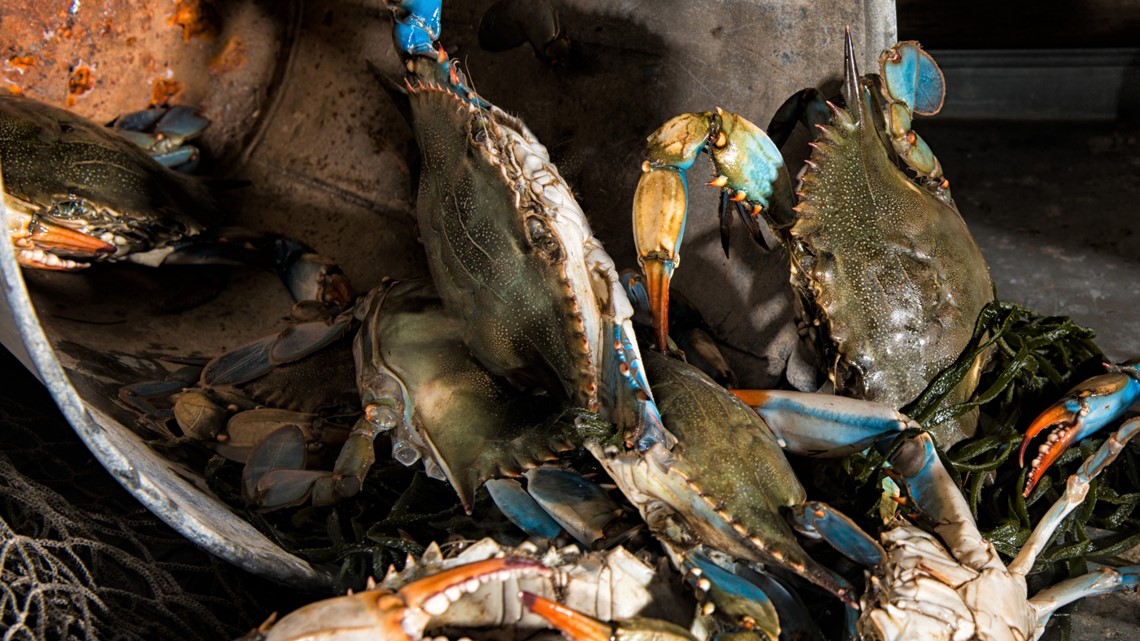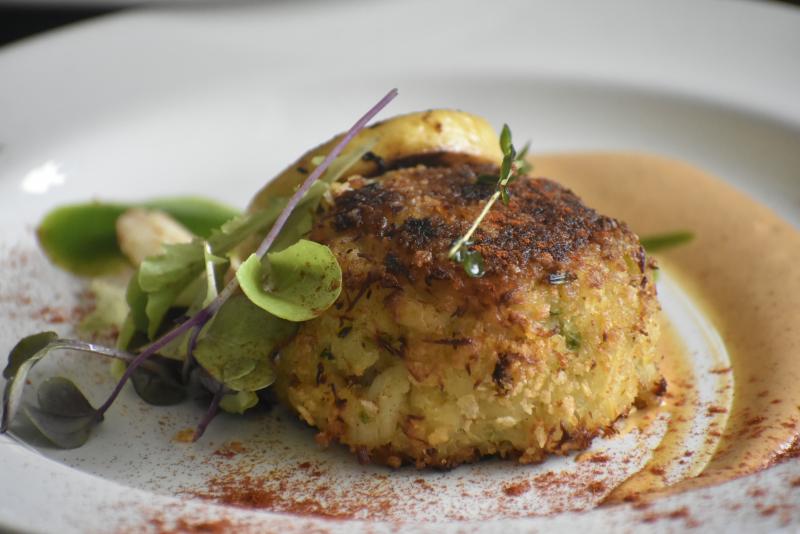
As migrants surge at the border, Maryland's Governor demands more visas for legal seasonal workers.
CAMBRIDGE, Md. — Maryland Governor Larry Hogan has fired off a letter to the new U.S. Secretary of Homeland Security and Secretary of Labor, demanding a solution once and for all to a visa shortage for seasonal workers needed by Maryland's crab processing industry.
The temporary workers are from Mexico.
As the crab season began April 1, five of the nine major crab processors on Maryland's Eastern Shore find themselves again shut out of the visa system due to a "lottery system" that Hogan says "creates an unfair playing field" for the state's crab processors, according to his letter.
Hogan is demanding that the administration provide so-called H2-B guest worker visas for all seafood processing applicants in the state because the $355 million industry is critical to the state's economy.
Hogan's demand for a solution to the worker shortage comes as the U.S. Border Patrol is reporting the biggest surge of migrant crossings since 2016.
Unlike many migrants, the workers coming to Maryland on H2-B visas are authorized and return to their home country at the end of the crab season, according to Jack Brooks, President of the Chesapeake Bay Seafood Industries Association and owner of J.M. Clayton Seafood in Cambridge.
“The debacle at the border that's overshadowing unfortunately this situation,” Brooks said Friday.
“What a jobs killer," Brooks added. "This is for American jobs, too."
According to Hogan's letter, the University of Maryland indicates that every H-2B temporary worker in crab processing helps create 2.5 jobs for American citizens.
Those American workers include the watermen who harvest the crabs, transportation workers and restaurant workers, Brooks said.
Seafood processors depend on a corps of about 450 seasonal workers annually, but they have struggled to get visas since the federal government switched to a lottery system for a limited number of slots.
Hogan is hoping a new presidential administration will solve the problem once and for all.
“These essential workers are vital,” Hogan said in his letter.
Brooks added, "We want to be accountable, we want to do it legal.”
With wages and production bonus', a foreign worker can make more than $15 an hour, according to processors.
That’s more than many jobs advertised in the Cambridge area for food service work.
Processors say local workers do not apply.
April 03, 2021 at 04:47AM
https://ift.tt/3sOjv0D
Border crisis irony: Maryland crab industry desperate for worker visas - WUSA9.com
https://ift.tt/2MkGRbk
Crab

No comments:
Post a Comment